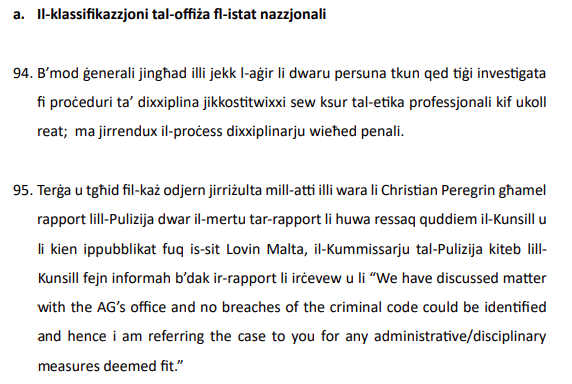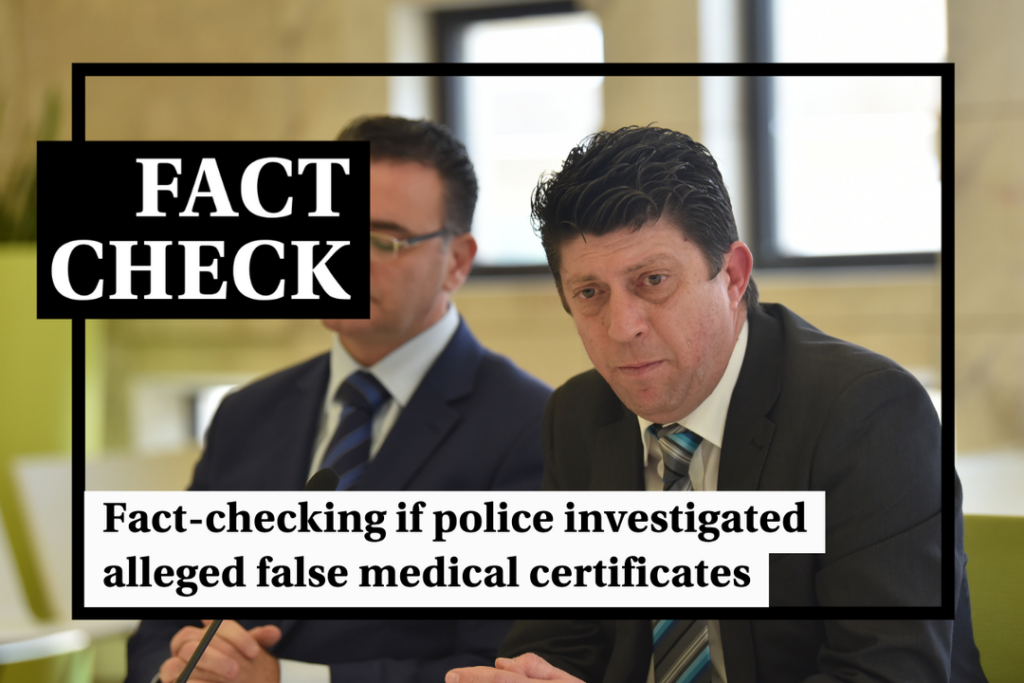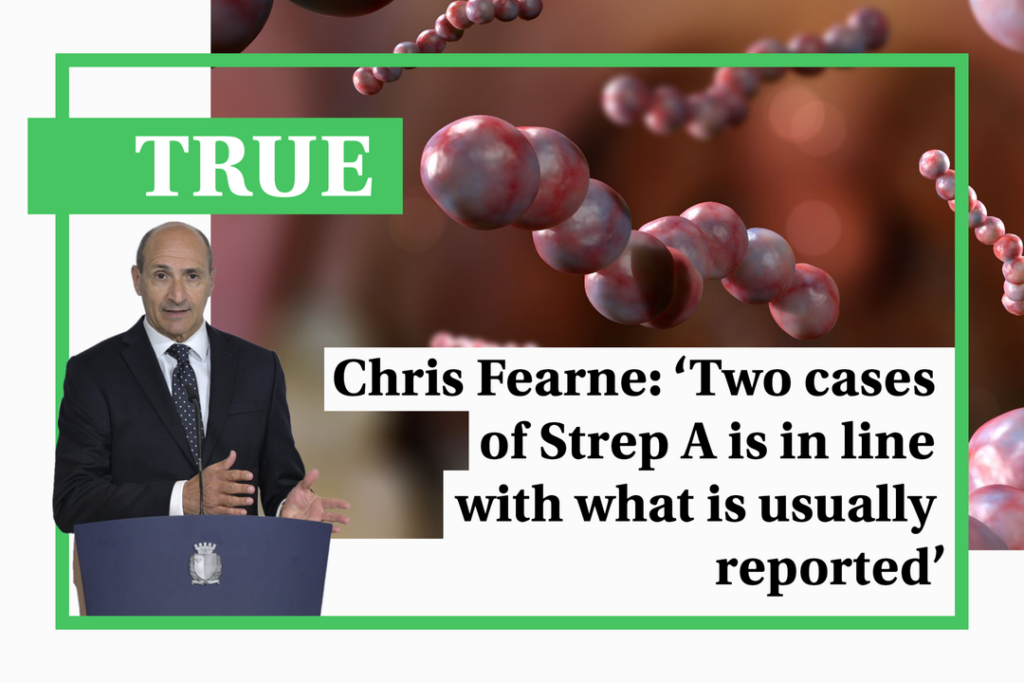A series of Facebook posts by former Labour MP Silvio Grixti over the past weeks pointed to the police’s failure to investigate PN MP Stephen Spiteri over accusations that he had issued false medical certificates in the past.
Grixti resigned from parliament in 2021 after being interrogated by police for allegedly issuing irregular sick notes. Earlier this year, Times of Malta revealed that Grixti was at the heart of a racket in which medical records were fabricated to give people access to severe disability benefits to which they were not entitled.
Grixti has recently taken to social media to ask why similar accusations of issuing false medical records levelled at opposition MP Stephen Spiteri did not attract the same police attention.
The case harks back to an allegation first made by online portal Lovin Malta in 2017 that Spiteri was issuing medical certificates from a pharmacy in the town of Kalkara, where he was the resident doctor, against a €5 fee.
Spiteri had denied all allegations of wrongdoing, arguing that he was being targeted for “cruel reasons”. A subsequent investigation by the medical council was stopped in its infancy when a court ruled that the investigation breached Spiteri’s right to a fair hearing.
In the first of these posts, Grixti asks “Why did the police never investigate when, in the recent past, there were media reports about the abuse of such certificates? It’s as though all was forgiven. What do you think, Chris Fearne?”, addressing his question to Health Minister Chris Fearne.
In a later post, Grixti asks “How can a case that was never investigated be considered a closed case?”, after Spiteri had described the matter as a “closed case”, once again arguing that he had been targeted.
This led to confusion and conflicting reports over whether or not Spiteri’s case was ever investigated. Several online commenters argued that Grixti’s claim was incorrect and that Spiteri’s case had been investigated and dismissed. Many others wrote to Times of Malta to ask whether or not this claim was true.
Was the case investigated after all?
The constitutional case between Spiteri and the medical sheds some light on this.
The case records reveal that after the matter came to the police’s attention, the police commissioner wrote to the medical council informing it that the matter was an administrative issue, not a criminal one.

The court quotes the correspondence, saying that the commissioner told the council “we have discussed matter with the AG’s office and no breaches of the criminal code could be identified and hence I am referring the case to you for any administrative/disciplinary measures deemed fit.”
While the police and AG’s reasons for reaching this conclusion are not explained, these court records confirm Grixti’s claim that the matter had not been formally investigated by the police.
Verdict
Court records citing correspondence between the police commissioner and the medical council reveal that the police stopped short of investigating the case, after deciding that no law had been broken.
The records show that the police had reached this conclusion after discussing the issue with the attorney general.
The Times of Malta fact-checking service forms part of the Mediterranean Digital Media Observatory (MedDMO) and the European Digital Media Observatory (EDMO), an independent observatory with hubs across all 27 EU member states that is funded by the EU’s Digital Europe programme. Fact-checks are based on our code of principles.
Let us know what you would like us to fact-check, understand our ratings system or see our answers to Frequently Asked Questions about the service.


